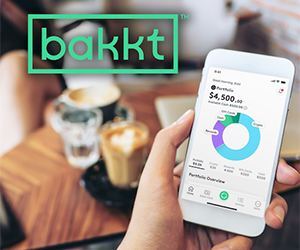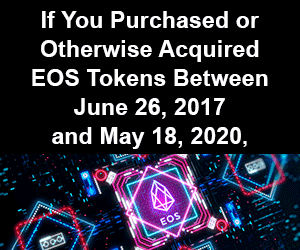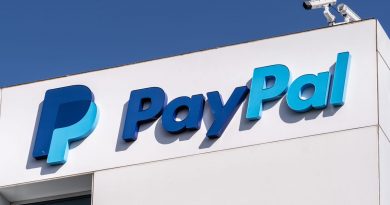Ripple Execs Use Coinschedule Penalty as Defense
Key Takeaways
- Ripple’s legal team has published a new filing that aims to show that there is regulatory uncertainty around securities.
- Ripple cites the SEC’s comments on its recent regulatory actions against Coinschedule as evidence of this claim.
- The filing is part of a motion to dismiss the SEC’s claims against Ripple executives Brad Garlinghouse and Chris Larsen.
The legal team for Ripple has filed a new defense against the U.S. Securities and Exchange Commission (SEC). This filing aims to use recent SEC comments as evidence of regulatory uncertainty.
SEC May Have Expressed Regulatory Uncertainty
Last week, the SEC placed a $200,000 fine on Coinschedule and its parent company Blotics. Later, SEC Commissioners Hester Peirce and Elad Roisman commented on the outcome of the case.
In their comments, Peirce and Roisman made several statements that suggest uncertainty around securities regulations. Most notably, they stated that “The only certainty we see is that people have questions about how to comply with the applicable laws and regulations.”
The Commissioners also noted that the “large number of factors and absence of weighting cut against the clarity the guidance was intended to offer” and said that applying rules to a “completely different token offering does not necessarily produce clear answers.”
They also observed a “decided lack of clarity” around the applications of securities laws. Furthermore, they noted that the application of the Howey Test—a set of criteria that is used to determine whether assets are securities—“is not crystal clear.”
If Ripple’s legal team is correct, the SEC violated Section 17(b) of the Securities Act, which requires courts to take judicial notice of facts that are not subject to reasonable dispute and facts from sources that cannot be reasonably questioned.
A full list of relevant comments can be read in Ripple’s most recent court filing, shared on Twitter by lawyer James Filan today.
SEC Case Against Ripple Continues
The U.S. SEC first filed charges against Ripple in December 2020 when it claimed that Ripple’s ongoing sales of the XRP token constituted an unregistered securities offering.
The SEC also accused Ripple executives Brad Garlinghouse and Chris Larsen of aiding and abetting those sales. Today’s filing is part of the executives’ motion to dismiss the claim that they knowingly engaged in wrongdoing. The legal team defending the executives originally filed a motion to dismiss this claim in March.
Today’s filing seems to apply only to the two Ripple executives. It does not seem to concern Ripple as a company. The case is still ongoing and is predicted to end in early 2022.
Disclaimer: At the time of writing this author held less than $75 of Bitcoin, Ethereum, and altcoins and did not hold XRP.
The information on or accessed through this website is obtained from independent sources we believe to be accurate and reliable, but Decentral Media, Inc. makes no representation or warranty as to the timeliness, completeness, or accuracy of any information on or accessed through this website. Decentral Media, Inc. is not an investment advisor. We do not give personalized investment advice or other financial advice. The information on this website is subject to change without notice. Some or all of the information on this website may become outdated, or it may be or become incomplete or inaccurate. We may, but are not obligated to, update any outdated, incomplete, or inaccurate information.
You should never make an investment decision on an ICO, IEO, or other investment based on the information on this website, and you should never interpret or otherwise rely on any of the information on this website as investment advice. We strongly recommend that you consult a licensed investment advisor or other qualified financial professional if you are seeking investment advice on an ICO, IEO, or other investment. We do not accept compensation in any form for analyzing or reporting on any ICO, IEO, cryptocurrency, currency, tokenized sales, securities, or commodities.
See full terms and conditions.
Source: Read Full Article





